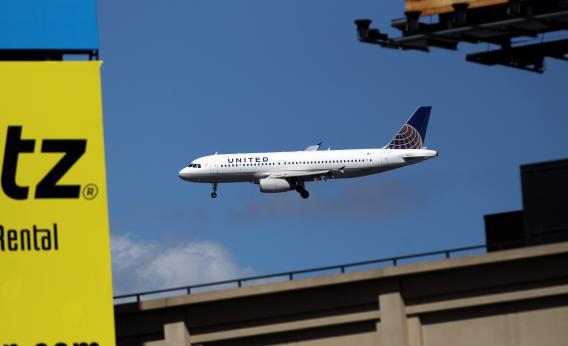These days many passengers with elite frequent flier status are finding that it ain’t what it used to be, which is especially true for someone like me who was in the lowest tier of elite-ness on United.
One good way to understand what’s happening here is as an example of inflation. An airline only has so much luxury to hand out. There are only so many business class seats on an aircraft. Early boarding is a purely position good. The lounge only has so many seats. And yet the luxury travel experience is a valuable good that people are willing to pay for, either in terms of extra fees or else in terms of bearing the costs associated with brand loyalty. Since airlines want revenue and passengers want the luxury travel experience, the incentives exist for airlines to sell more and more of it. But since the airlines are actually selling more and more access to luxury services without investing in creating any additional real luxury capacity, this ultimately becomes inflationary. Lounges are overcrowded. Early boarding becomes meaningless. Low-tier upgrade rights can never be exercised. Now everyone’s mad.
That said, it would be wrong to conclude from the current plight of the airline industry that inflationary policies are always wrong.
Suppose you’ve somehow blundered into a situation where even though your coach seats generally sell out, you’re stuck with tons of “unemployed” business-class and first-class seats and vacant lounge space. It’s true you could resolve this problem through a painful course of structural reform in which whole planes are taken out of service to be expensively rebuilt as vehicles with fewer business-class seats and more coach. We could tighten our belts and close the lounges. But in this case it would make a lot more sense to deliberately inflate. Lower the bar for who gets to upgrade and who gets to use the lounge. That would let you fit more people on your planes, and gain a competitive advantage over rival airlines.
It’s true that this isn’t a purely Pareto Optimal approach—some people will have their elite status eroded away. But it’s also not a simple transfer of resources. By ensuring that a higher proportion of seats on the plane are occupied, you’re expanding the pie. More people get to fly even as the average quality of the flying experience goes up. Skeptics may say this is a way of papering over the real issues, but the fact of the matter is that refurbishing your fleet of aircraft without prompting a catastrophic disruption in service necessarily takes a long time. In the meantime, insisting on misusing your existing stock of resources merely to make a point about the desirability of reconfiguring things is perverse.
